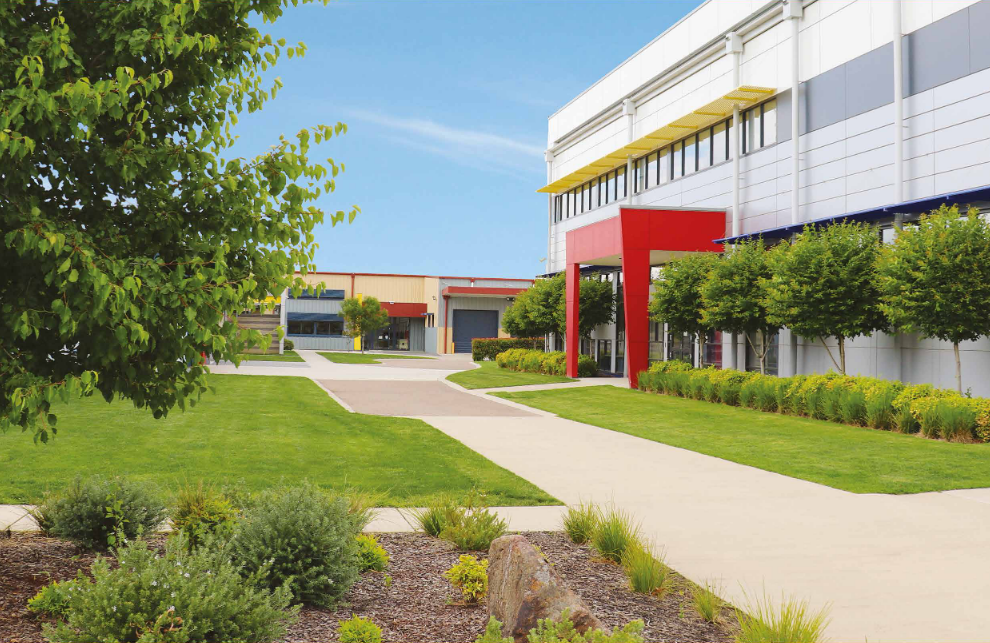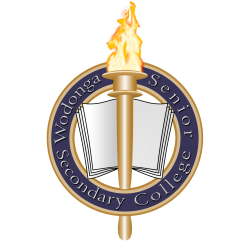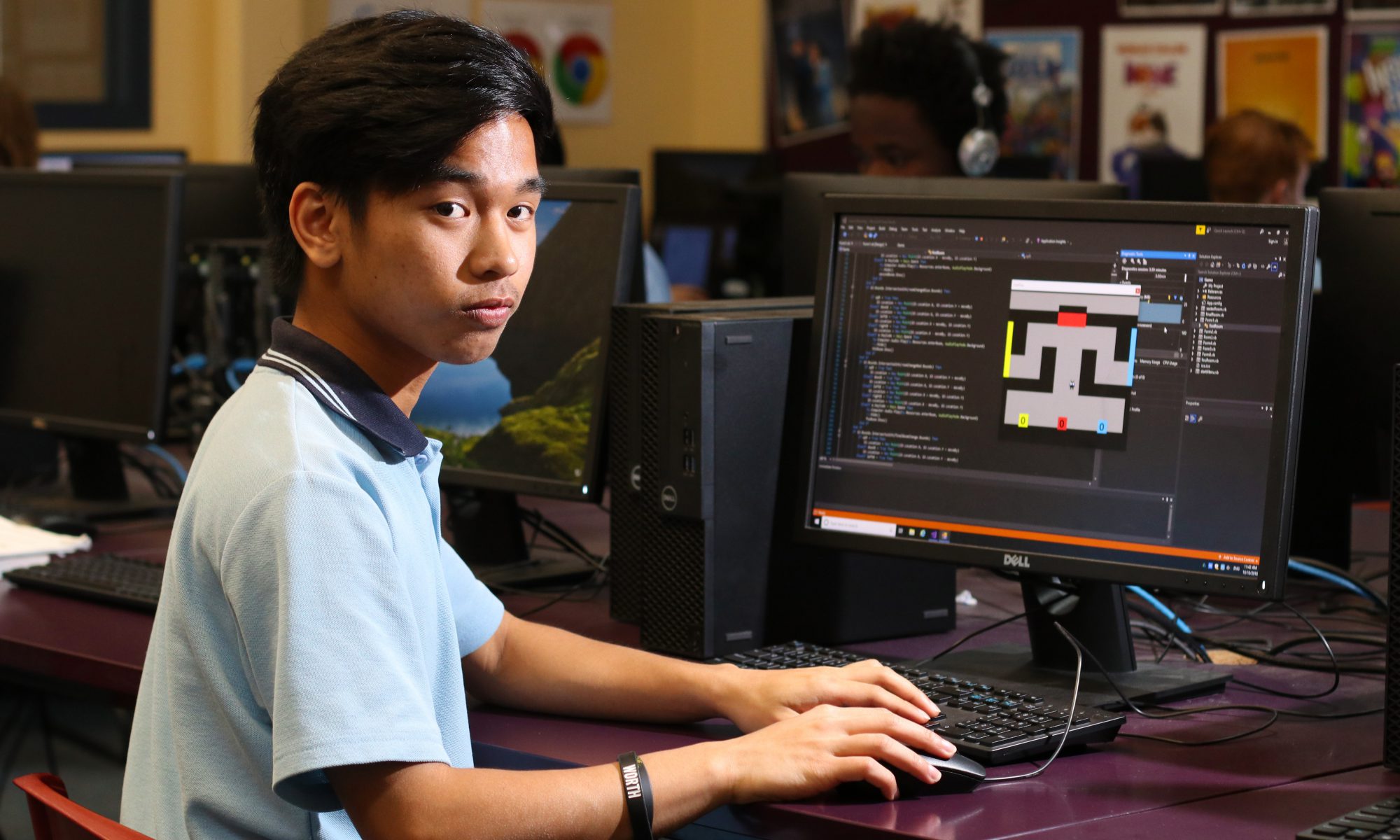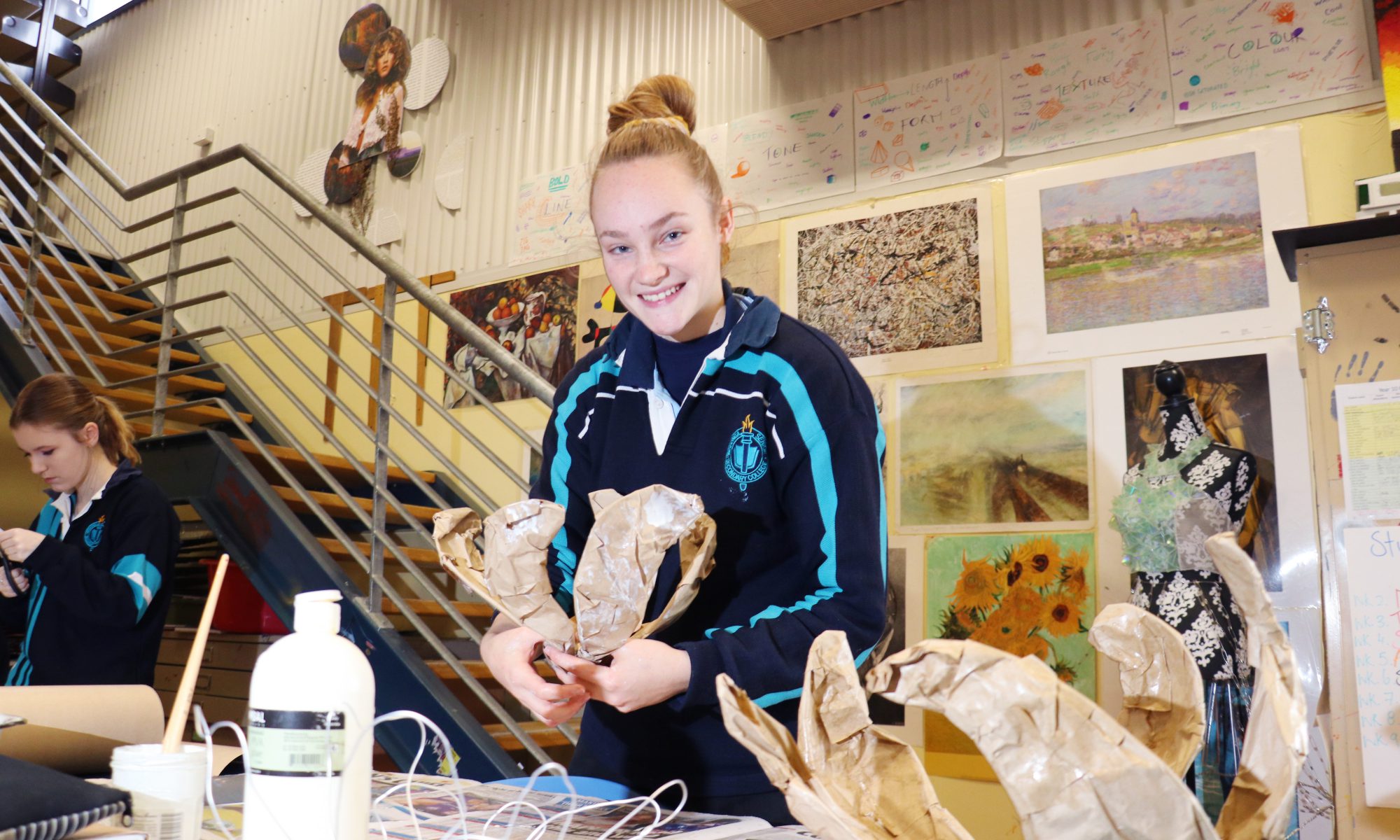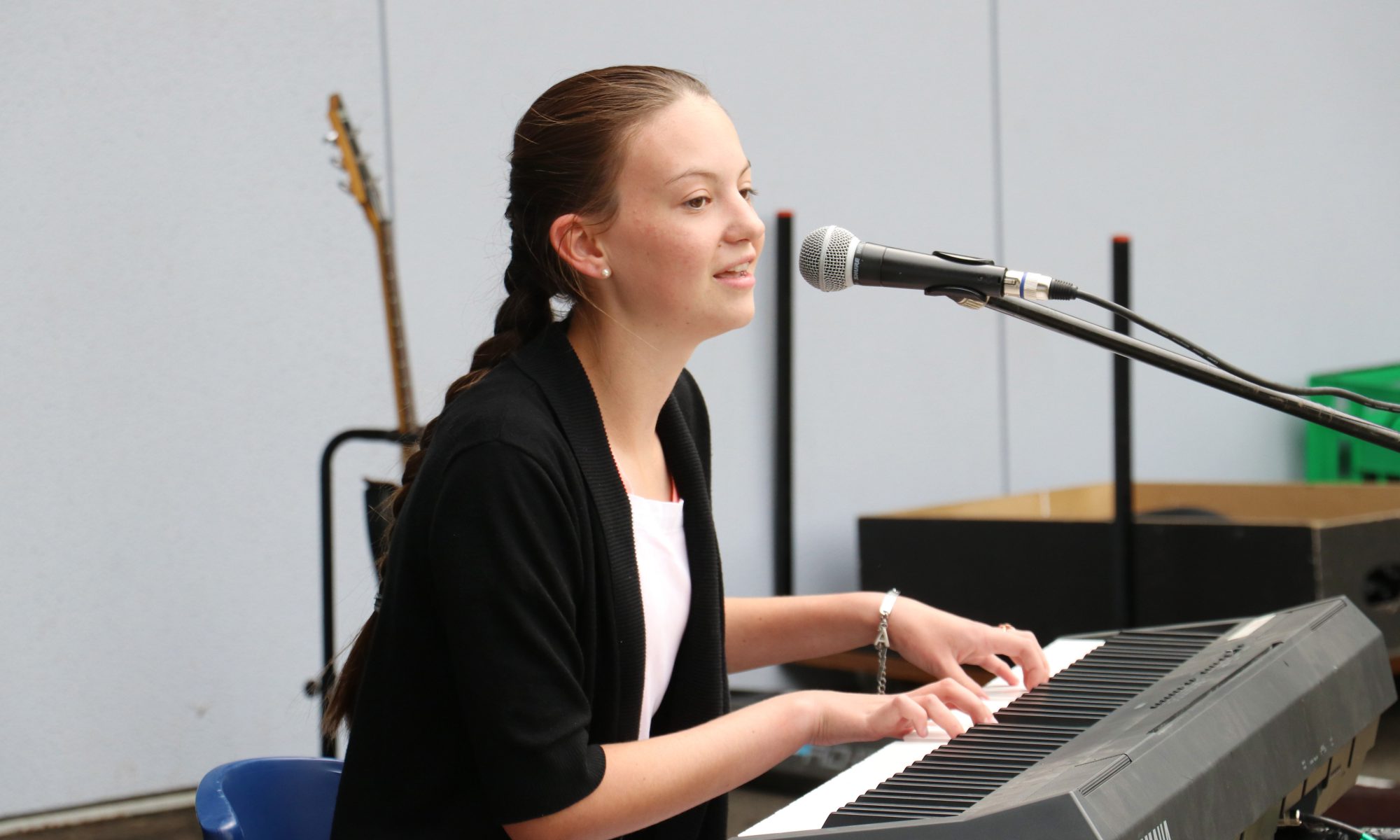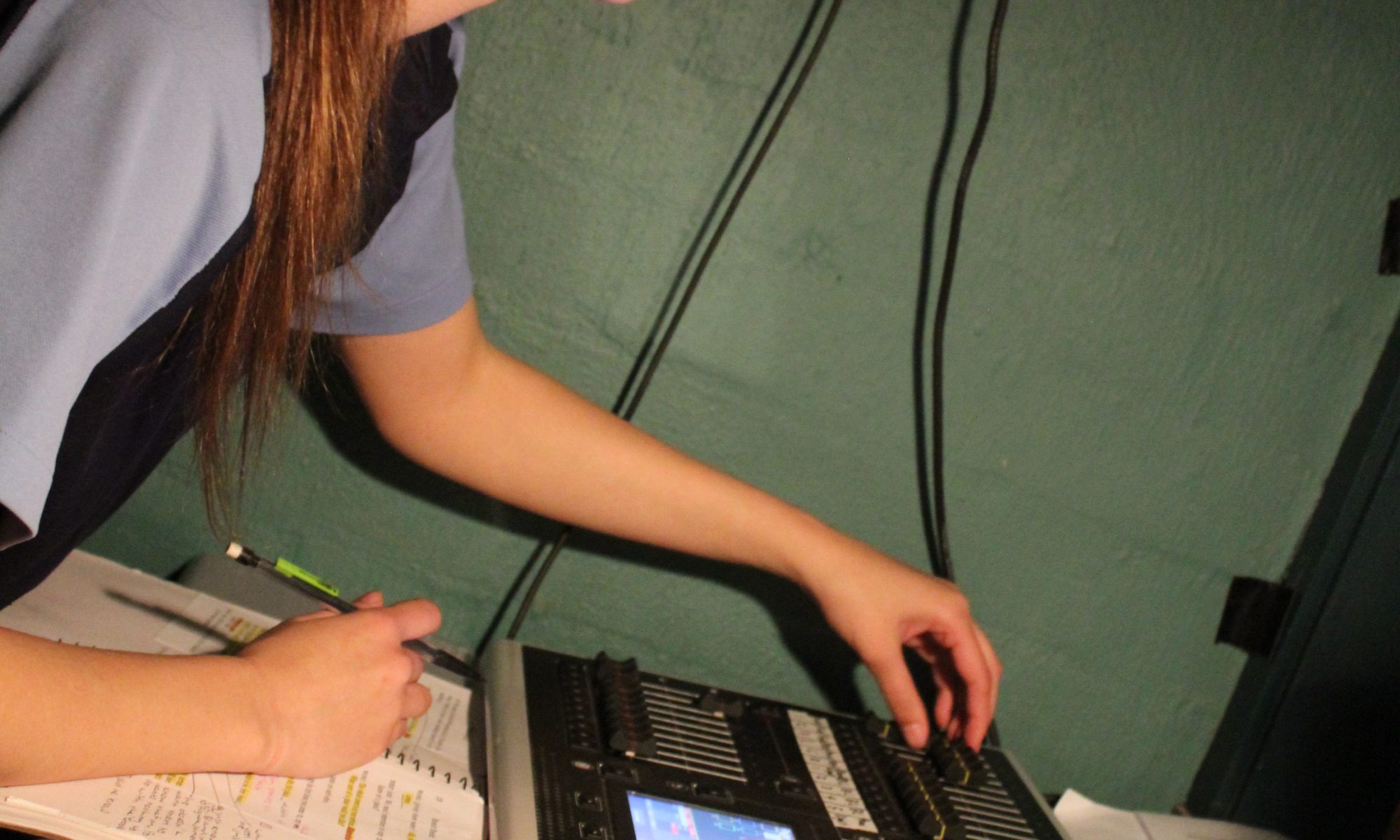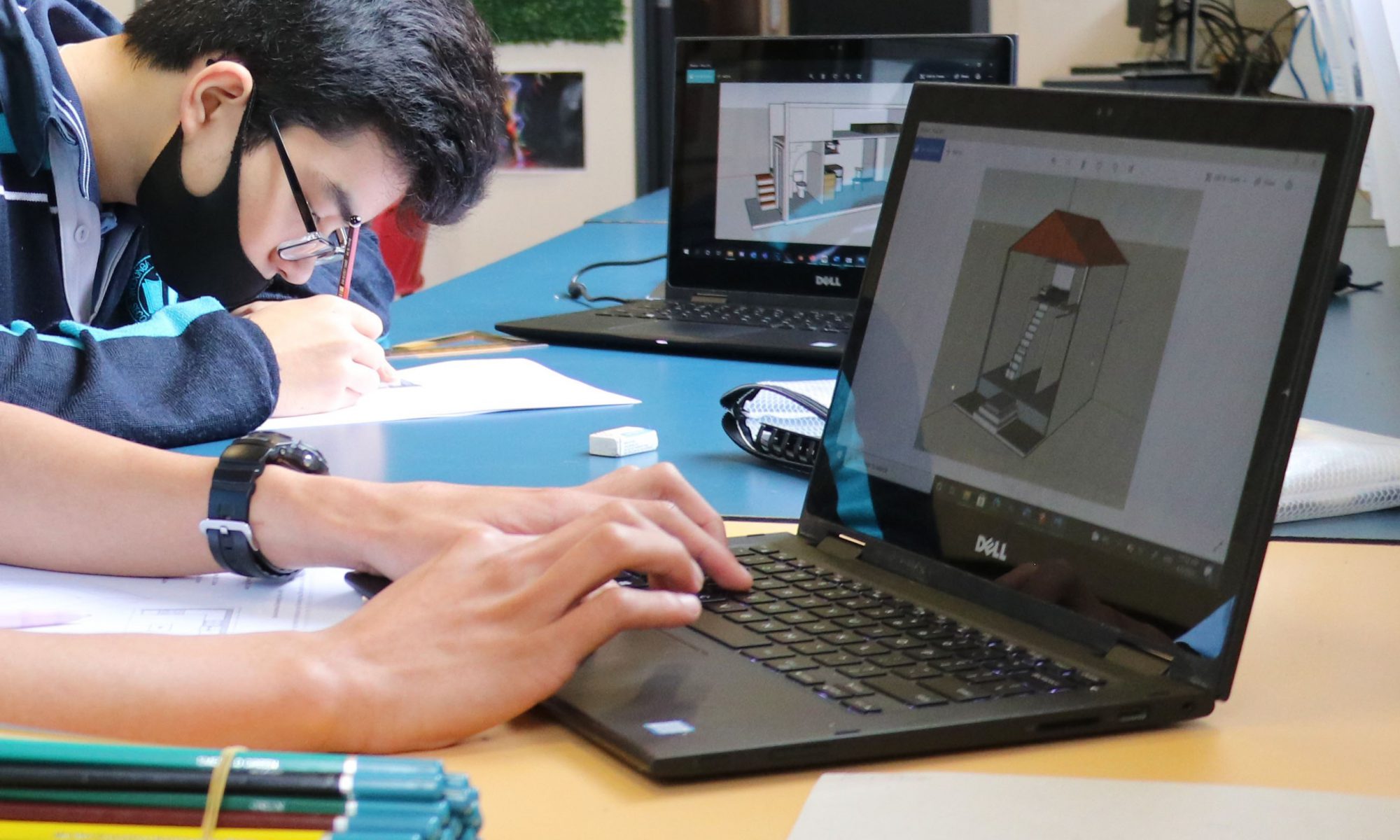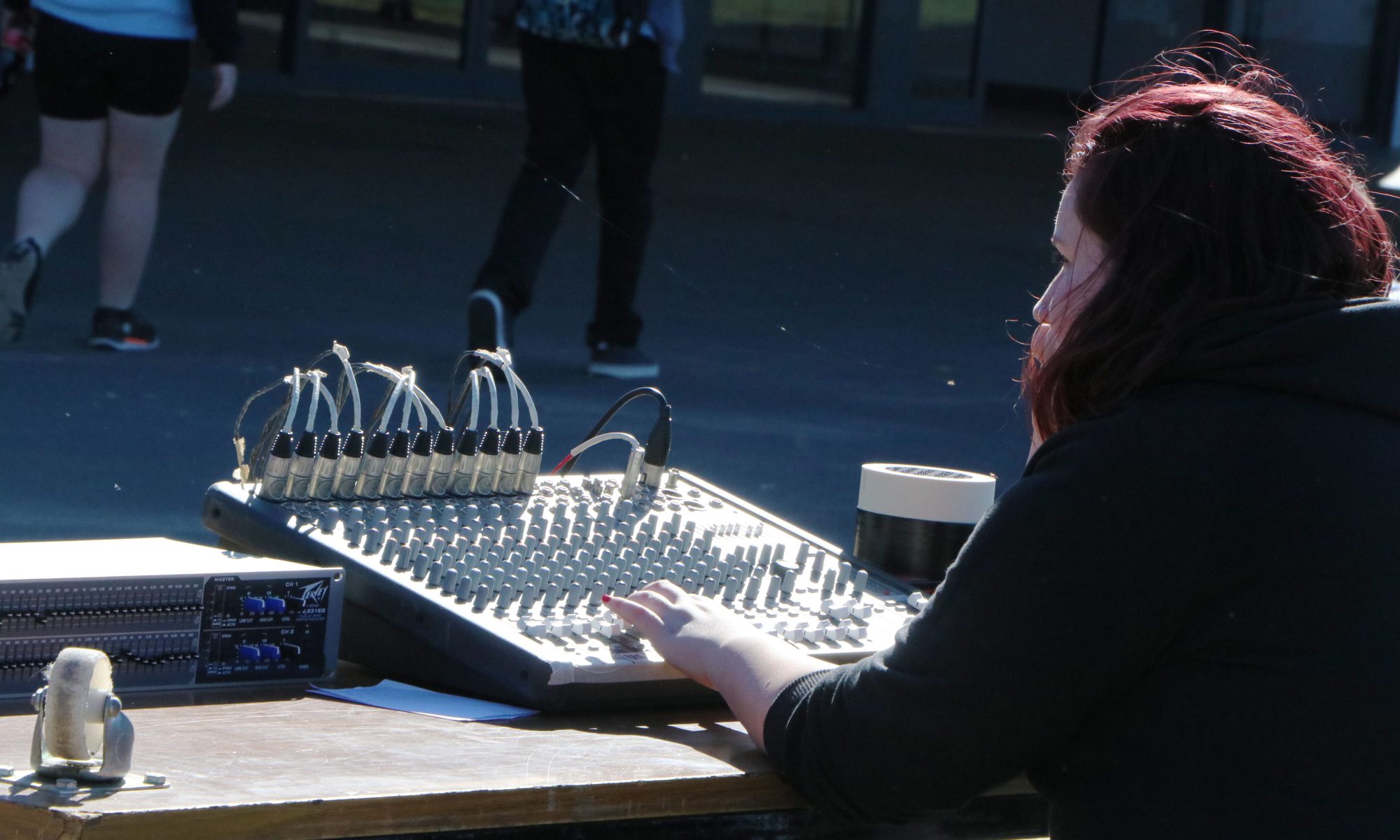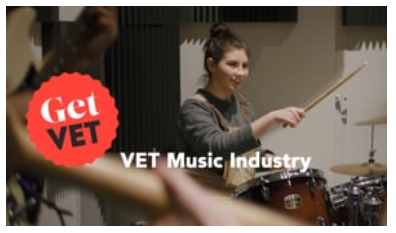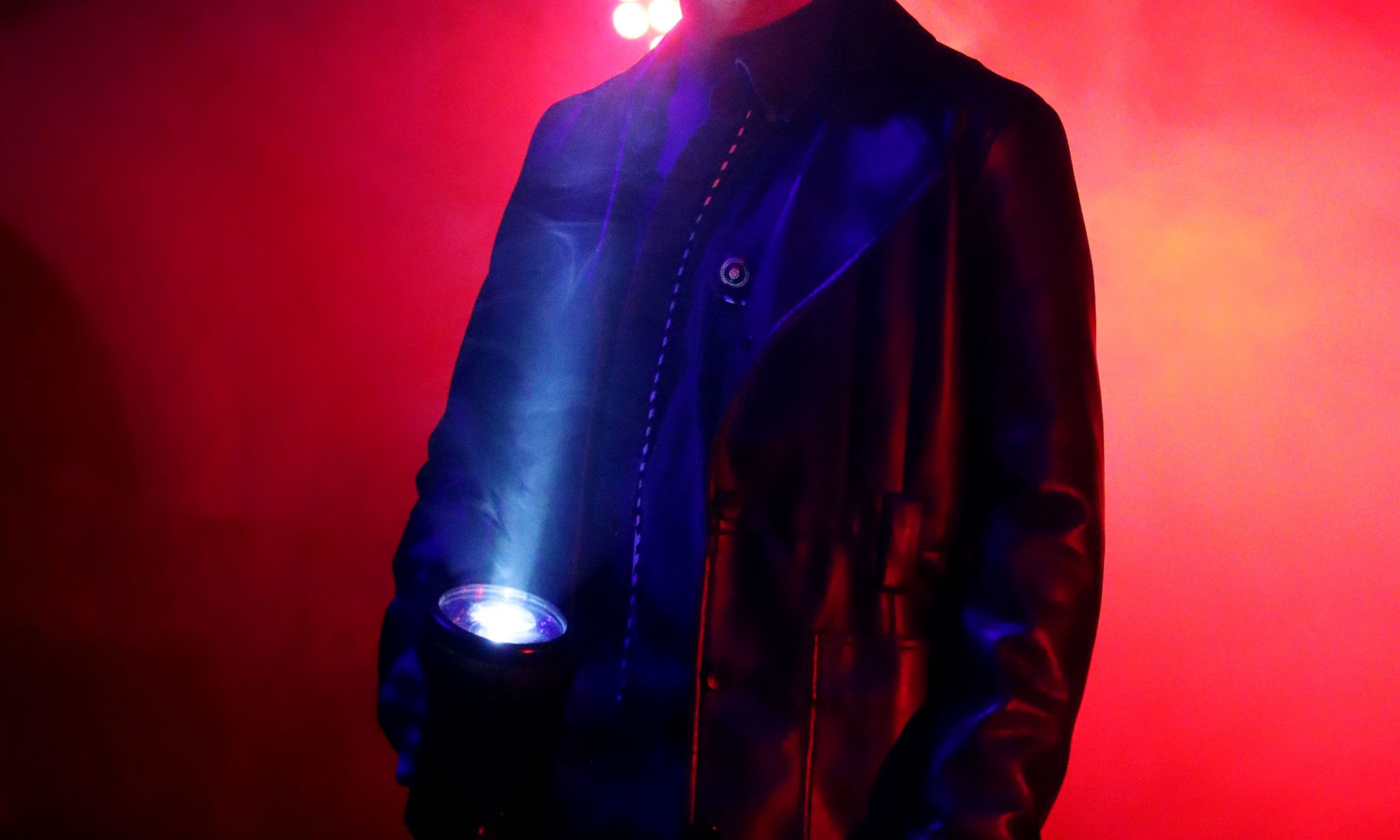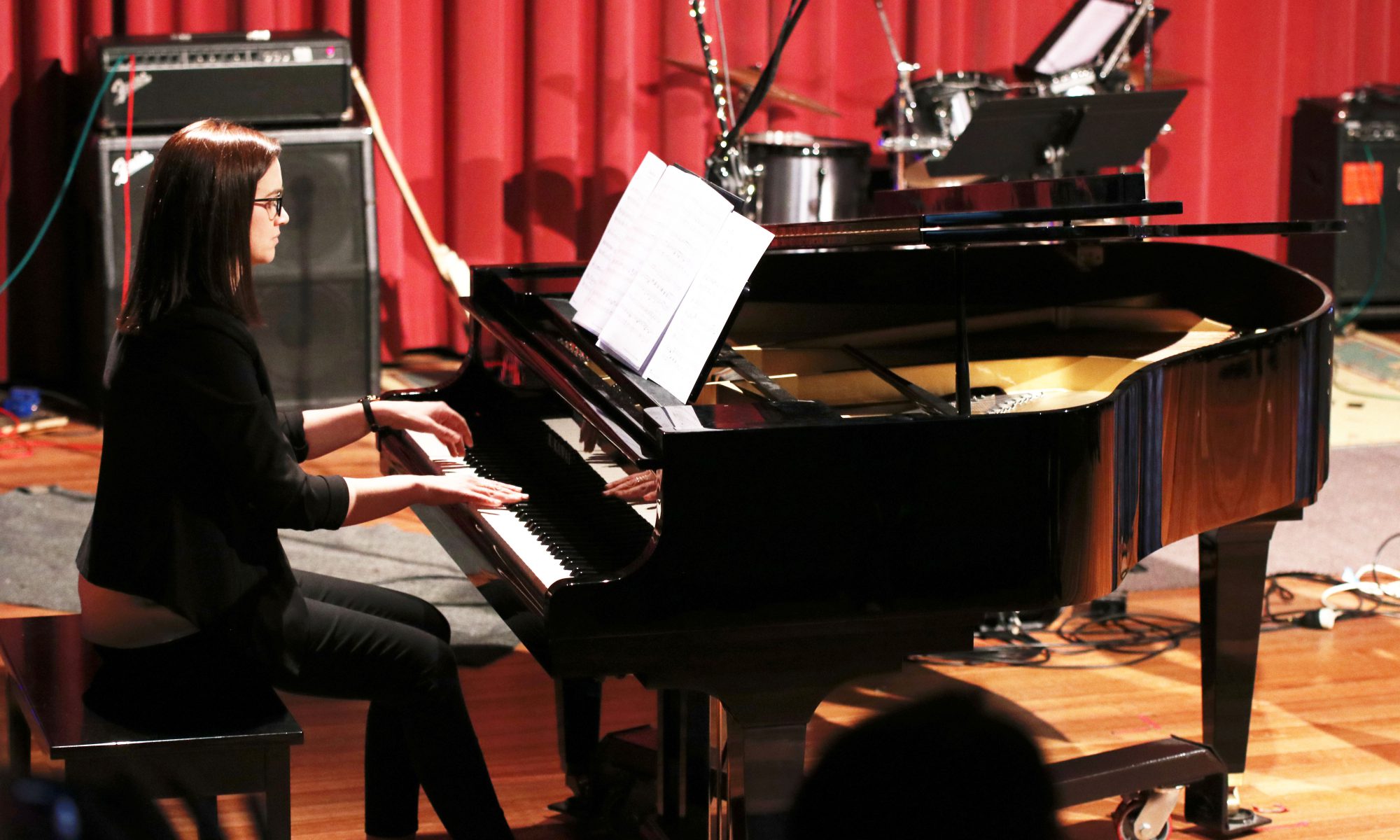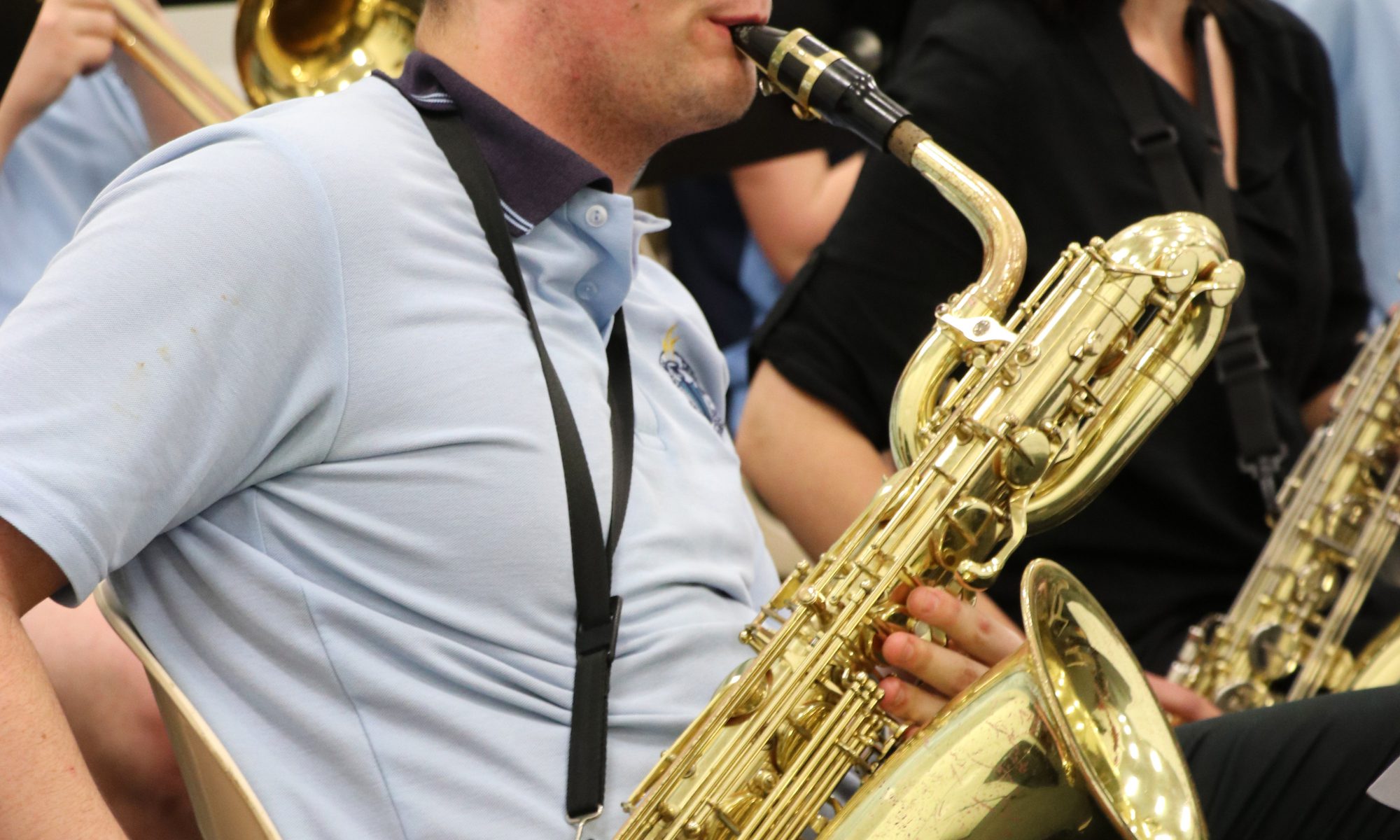Media
Course Summary
Are you looking for a career in screen and media, marketing and advertising, communication and writing, graphic and communication design, podcasting ? VCE Media might be the subject for you.
Through this subject you’ll create and analyse content, and gain the knowledge and skills in planning and expression that are valuable for participation in, and contribution to, contemporary society.
You’ll be set up for further theoretical and/or practical study at a tertiary level or at TAFE.
VCE: Unit 1, Unit 2 and Unit 3 & 4 sequence available
Learning Activities & Assessment
- Analyse media concepts, forms and products in an informed and critical way
- Explore narratives, technologies and processes from various perspectives
- Examine debates about the role of media in contributing to and influencing society
- Integrate key aspects through the design and production of media representations, narratives and products
Classroom Virtual Tour
Quick Links
Approximate Costs
Unit 1 & 2
Unit 3 & 4
Learning Area Contact
Arts Learning Area Leader
